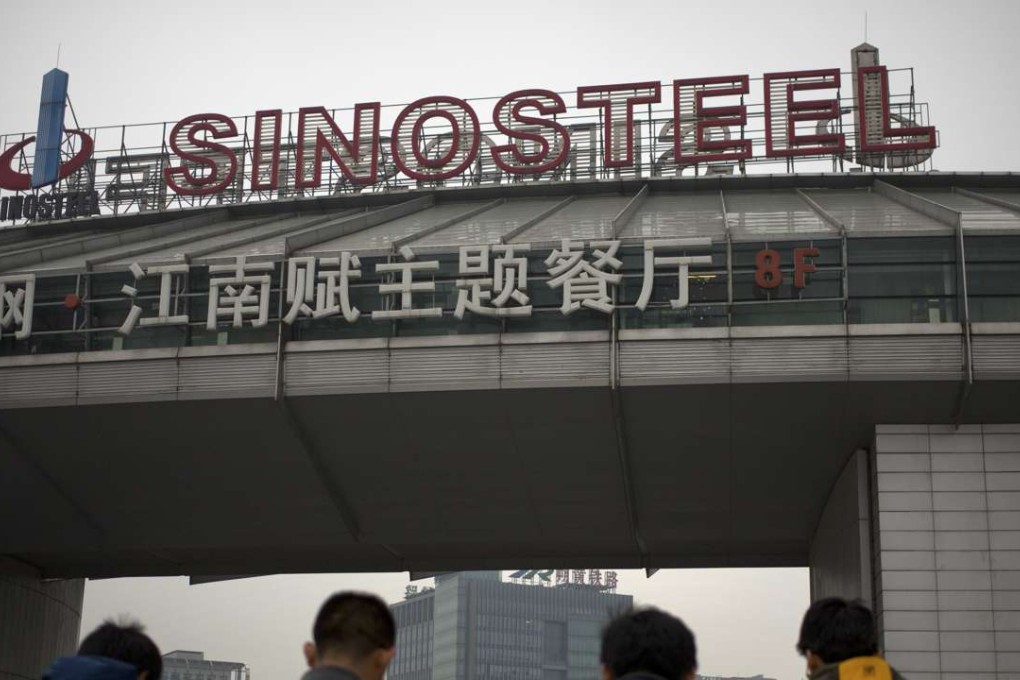Sino File | The real reason behind China’s Sinosteel debt swap
The leadership has pledged to embrace the free market, but this plan boosts the public sector, and will damage economic health

Of all China’s worries, high and rising debt levels have emerged as the biggest challenge facing the world’s second largest economy.
Under the so-called debt-to-equity swap reform, launched last month, the government last week approved the state-owned metals trader Sinosteel to swap its 27 billion yuan of debt for equity convertible bonds.
Leverage in China has soared to alarming levels, with overall debt swelling to as high as 280 per cent of GDP last year. While estimates of the leverage ratio vary, there is a strong consensus that the corporate sector, especially bloated state-owned enterprises (SOEs), are the riskiest borrowers.
State-owned Sinosteel to swap 27 billion yuan worth of debt for convertible bonds
Official statistics showed that SOEs had total liabilities of 83.74 trillion yuan by the end of July, up 17.6 per cent on the year and 66.2 per cent of its total assets.
State-owned banks’ bad debts stood at 1.44 trillion yuan at the end of the second quarter. The official non-performing loan ratio – the share of total loans which are in default or close to default – for Chinese commercial lenders stood at 1.75 per cent at the end of June. But economists suggest a higher figure might be more accurate.
French investment bank Societe Generale warned that the SOE debt restructuring could jeopardise more than half of the state-owned banks’ capital base. If that happened quickly, it would almost certainly plunge the country’s banking sector into a systemic crisis.

In the 1990s, then premier Zhu Rongji launched his attempt at SOE reforms. They eventually pushed state-owned banks’ NPL ratios to between 30 and 50 per cent, rendering the entire banking system insolvent.
